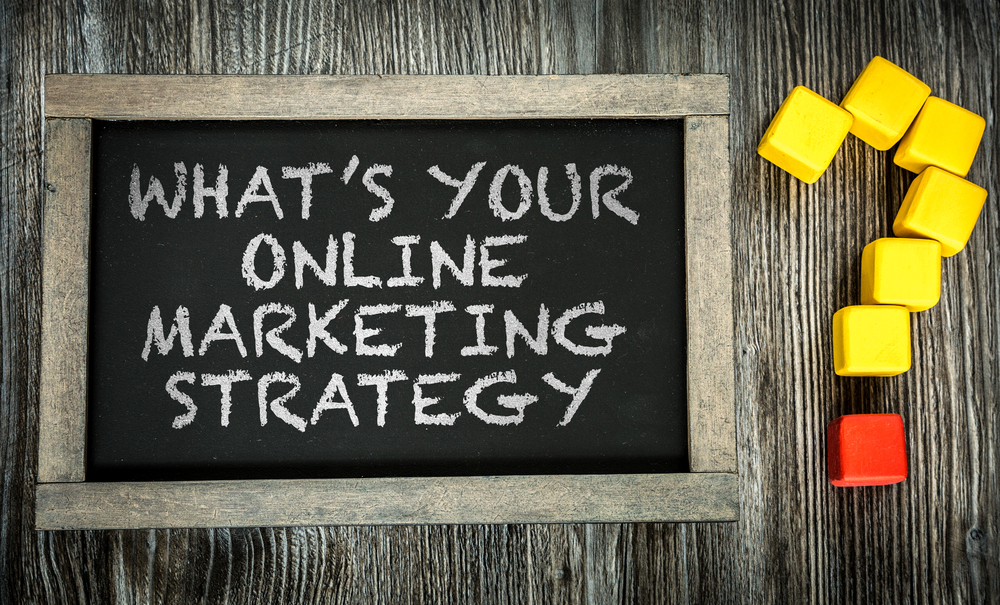Every successful business owner understands that marketing is an integral part of their business. After all, marketing brings in new customers, profits, and long-term benefits.
In thinking about marketing your business, you may have many questions, such as:
- What Is Online Marketing? What’s the difference between online and offline marketing?
- Is one better than the other?
- Which is the better option for you?
These are all critical questions, and this guide will help you decide.

Online marketing involves promoting your business, product, or service on the internet via your website, online ads, or social media.
Benefits of online marketing include:
- You can see the engagement of your content and promotions. You can physically see your audience’s thoughts and marketing with social media channels. If you’re seeing lots of likes and shares of your content, then indeed, you’re doing something right!
- It’s easy to track your return on investment (ROI). You can track clicks and sales when using ads online, so you can easily see which ads are the most profitable for you. This will help you make intelligent decisions regarding future marketing strategies and campaigns.
- You can target specific demographics. With online marketing, it’s possible to drive specific types of people to your offers – people who are more likely to buy your products.
There are also some negatives to using online marketing, such as:
- Digital advertisements can be annoying. While it’s clever that advertisers can target ads specifically to you, showing you ads for products that you searched for days previously, they can be highly annoying and even drive you away from a brand.
- The ads are fleeting. Unlike a billboard, an online ad can easily be missed or ignored. It’s easy to scroll past an ad and click to the next page without even taking notice.
- Online marketing is constantly evolving. Whether it’s the latest social media platform or a change to the search engine algorithm, there’s always something new to learn. If you don’t keep up with significant trends, you may be left behind.
What Is Offline Marketing?
Offline marketing typically does not involve the internet, so magazine or television advertisements are good examples of this type of marketing.
Benefits of offline marketing include:
- It can be impactful and easy to understand. A billboard or TV commercial will often become part of a person’s daily life, so it will usually be easy to understand and digest.
- Printed marketing materials are often permanent. Unless a magazine is recycled or put in the trash, the advertisements found within will be permanent, so they can still work weeks, or even months, after first being published.
- They are memorable. Many offline ads are memorable and likely to be remembered much better than an Instagram ad, almost instantly forgotten. Think of all the famous Super Bowl ads and other commercials that we all know so well that they become part of our culture.
Offline marketing also has some negative aspects, such as:
- It isn’t easy to measure the success of a campaign. There are ways to measure the success of a campaign, but they are not as in-depth or accurate as those available for online marketing.
- It can be expensive. Typically, offline marketing can be expensive. Even a tiny run in your local newspaper or a single 30-second spot on TV can set you back a considerable amount.
- Little feedback from your audience. After running the marketing campaign, you can rarely gauge the reactions from your potential customers.
Which is Better for You?
Both online and offline marketing have their pros and cons. Offline marketing is seen as more traditional and will be better aimed at the older generation, while online marketing is generally a better option for the younger generation. However, these are only generalities and might not apply to your business.
Plus, you don’t have to choose one over the other. Perhaps a combination of online and offline marketing will work best for your business.
You will need to understand what you want to achieve marketing-wise, your budget, and most importantly, who your target audience is. Study your audience and go with what you think will work best with them, keeping your budget in mind. This will get you started.
Then, track .. track… track and analyze which campaigns bring you the greatest profits. Experience is the best determiner. Run new campaigns and track those. Analyze as you go and stick with what’s working the best for your company until you find a new campaign that drives even greater profits.

